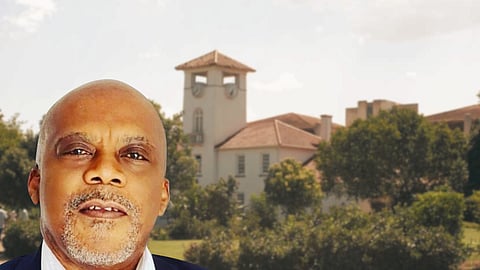Bigamist Nigerian professor used ghostwriters for politician’s academic proposal
Controversy surrounds ex-Professor Edwin Okey Chikata Ijeoma, who allegedly used ghostwriters for Master's proposals for Eastern Cape MEC Xolile Nqatha and Premier Oscar Mabuyane. Ijeoma, previously suspended and now resigned, faces scrutiny over his involvement in these proposals, which showed high plagiarism rates. The University of Fort Hare and the SIU are investigating, while Ijeoma remains elusive amid claims of fraud and unauthorized activities.
Sign up for your early morning brew of the BizNews Insider to keep you up to speed with the content that matters. The newsletter will land in your inbox at 5:30am weekdays. Register here.
Join us for BizNews' first investment-focused conference on Thursday, 12 September, in Hermanus, featuring top experts like Frans Cronje, Piet Viljoen, and more. Get insights on electricity and exploiting SA's gas bounty from new and familiar faces. Register here.
By Chris Steyn
Controversial ex-Professor Edwin Okey Chikata Ijeoma used ghostwriters for the Master's degree proposal to Fort Hare University of Eastern Cape MEC of Transport, Community Safety, and Liaison Mr Xolile Nqatha.
___STEADY_PAYWALL___

